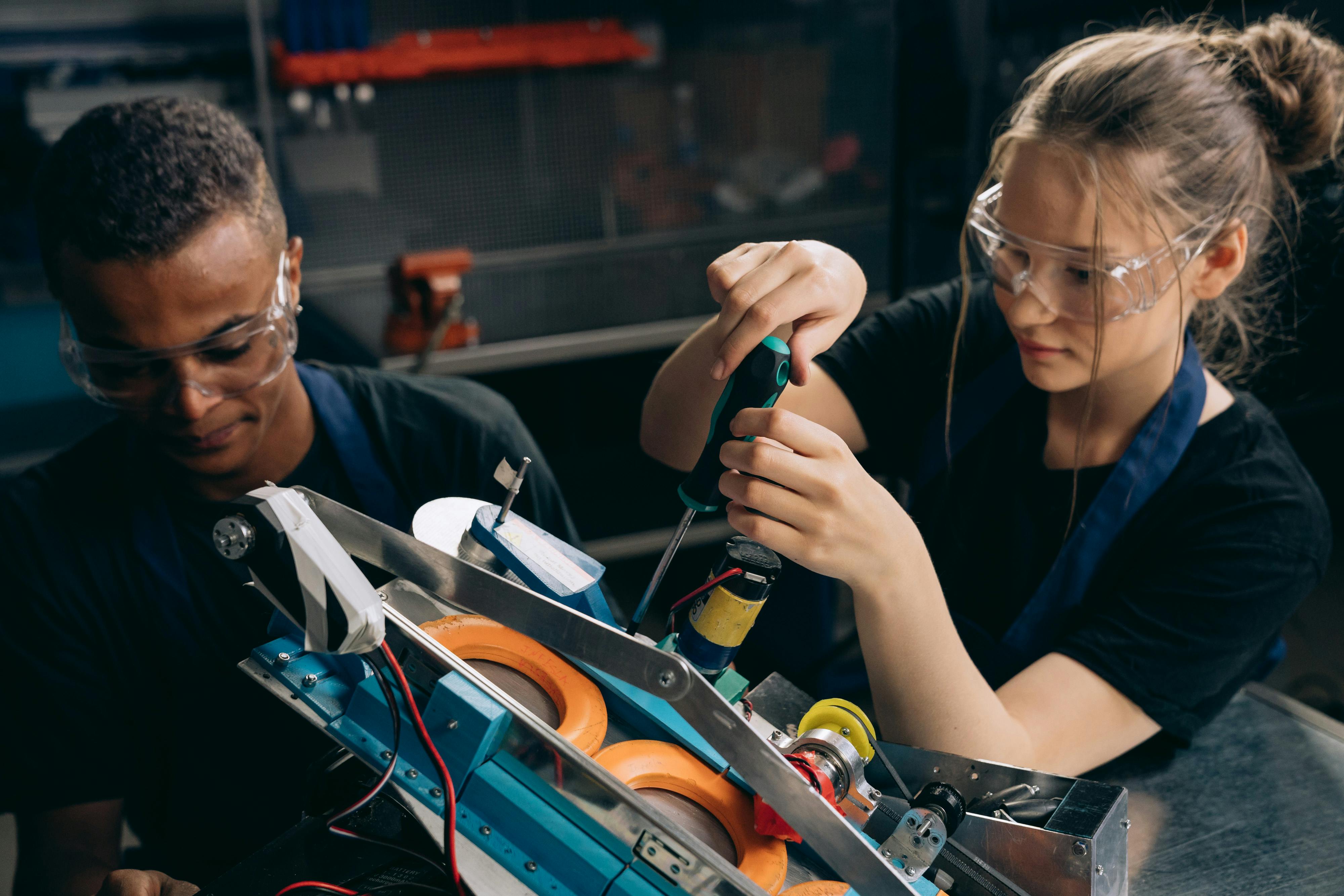Artificial Intelligence (AI) in 2025 continues to revolutionize industries, society, and everyday life, offering unprecedented capabilities in data analysis, automation, and decision-making. From healthcare and finance to transportation and education, AI technologies are enhancing efficiency, personalization, and innovation. Businesses and governments are leveraging AI to improve operations, optimize services, and address complex challenges in a rapidly evolving digital landscape.
Healthcare is one of the most transformative areas for AI. Advanced algorithms assist in diagnostics, treatment planning, and predictive analytics. AI-driven medical imaging improves accuracy in detecting diseases such as cancer, while virtual health assistants and robotic surgery enhance patient care. Personalized medicine is being advanced through AI analysis of genetic data, lifestyle factors, and medical history, leading to targeted therapies and improved outcomes. The integration of AI into healthcare systems ensures faster, safer, and more efficient medical services worldwide.
In the financial sector, AI reshapes risk management, fraud detection, and investment strategies. Machine learning models analyze market trends, customer behavior, and transactional data to optimize portfolios and detect anomalies. Banks and fintech companies utilize AI-driven chatbots, virtual assistants, and automated advisory services to improve customer experience, reduce costs, and increase operational efficiency. Regulatory compliance is also enhanced through AI-powered monitoring systems, ensuring transparency and adherence to legal frameworks.
Transportation and logistics benefit from AI-enabled automation and predictive planning. Self-driving vehicles, drone delivery systems, and AI-powered traffic management improve safety, reduce congestion, and enhance efficiency. Supply chain optimization relies on AI to forecast demand, track shipments, and manage inventory in real-time, minimizing waste and cost. The convergence of AI with IoT (Internet of Things) further enhances connectivity, data collection, and intelligent decision-making across industries.
Education is experiencing significant transformation with AI-driven learning platforms, adaptive curricula, and virtual tutors. Personalized learning experiences cater to individual student needs, optimizing engagement and retention. AI facilitates automated grading, performance tracking, and content recommendation, empowering educators to focus on instruction and mentorship. The integration of AI in education also fosters digital literacy, preparing students for the technology-driven economy of the future.
AI is also driving innovation in creative industries, including art, music, and content creation. Generative AI tools assist artists, writers, and designers in producing innovative works, blending human creativity with machine intelligence. Virtual reality and augmented reality experiences powered by AI enhance entertainment, storytelling, and audience engagement. These technologies democratize creative expression, enabling new forms of artistic collaboration and distribution.
Ethical considerations in AI development are paramount in 2025. Issues such as data privacy, algorithmic bias, job displacement, and transparency require proactive regulation and governance. Governments, industry leaders, and research institutions are developing frameworks to ensure responsible AI deployment. Ethical AI policies aim to protect individuals, promote fairness, and maximize societal benefit while minimizing risks associated with automation and decision-making systems.
Global competition in AI technology is intensifying. The United States, China, European Union, and other nations are investing heavily in research, infrastructure, and talent development. AI leadership is critical for economic growth, national security, and technological influence. Collaboration between countries on ethical standards, cross-border research, and AI safety ensures responsible development and equitable access to emerging technologies.
Business adoption of AI is accelerating across sectors. Enterprises implement AI-powered analytics, predictive maintenance, customer insights, and automation to enhance productivity and competitiveness. AI-driven marketing, supply chain optimization, and operational management improve efficiency, reduce costs, and enable faster decision-making. Startups leverage AI innovation to disrupt traditional markets, driving entrepreneurship and technological progress worldwide.
Looking ahead, AI in 2025 will continue to transform industries, governance, and daily life. Its integration across healthcare, finance, education, transportation, and creative sectors promises efficiency, innovation, and enhanced decision-making. Ensuring ethical practices, equitable access, and responsible deployment will be critical to maximizing societal benefit while minimizing risks. AI’s transformative potential positions it as a cornerstone of the global technological landscape in the coming decade.
FAQs
What industries benefit most from AI in 2025?
Healthcare, finance, transportation, education, creative industries, and business operations are primary beneficiaries.
How is AI transforming healthcare?
AI improves diagnostics, treatment planning, predictive analytics, and personalized medicine, enhancing patient outcomes and efficiency.
What ethical challenges does AI pose?
Concerns include data privacy, algorithmic bias, job displacement, transparency, and responsible governance.
How is AI impacting business operations?
Enterprises use AI for analytics, predictive maintenance, marketing, customer insights, and automation to improve efficiency and competitiveness.
Why is global AI competition important?
It drives economic growth, technological leadership, national security, and international collaboration on standards and innovation.
Conclusion
Artificial Intelligence in 2025 is reshaping the technological, economic, and social landscape. By enabling advanced analysis, automation, and innovation across industries, AI drives efficiency, creativity, and growth. Ethical governance, global cooperation, and responsible deployment ensure its benefits are maximized while minimizing risks. As AI technology continues to evolve, it will remain a pivotal force influencing daily life, business strategies, and global progress for years to come.











